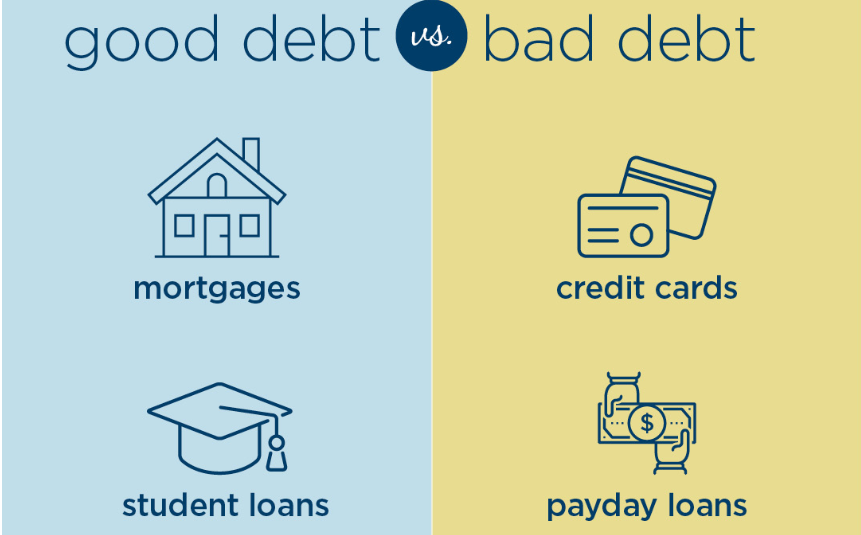Good Credit vs. Bad Credit: What’s the Difference?
When it comes to money, few things matter as much as your credit. You’ve probably heard phrases like “good credit opens doors” or “bad credit will hold you back.” But what exactly separates good credit from bad credit and why does it matter so much?
Let’s break it down in simple terms.
What Does “Credit” Really Mean?
Credit is your financial reputation. It’s the trust lenders place in your ability to borrow money and pay it back on time. Your creditworthiness is measured through your credit score, which typically ranges from 300 to 850.
-
A high score means you’re seen as reliable.
-
A low score suggests you may be a risky borrower.
The Credit Score Ranges
While exact ranges vary slightly between models (FICO vs. VantageScore), here’s a general breakdown:
-
Excellent Credit: 750–850
-
Good Credit: 700–749
-
Fair Credit: 650–699
-
Poor Credit: 600–649
-
Bad Credit: Below 600
What Is Good Credit?
Good credit shows that you manage money responsibly. It tells lenders: This person pays their bills on time and doesn’t carry too much debt.
Benefits of Good Credit:
-
Lower interest rates on loans and mortgages
-
Higher credit card limits with better rewards
-
Easier approval for apartments, utilities, and even jobs
-
Lower insurance premiums in many states
What Is Bad Credit?
Bad credit signals financial risk. It may result from missed payments, high debt, collections, or bankruptcy. Even one serious misstep can have long-lasting effects.
Consequences of Bad Credit:
-
Higher interest rates (you’ll pay more for borrowing)
-
Loan and credit card denials
-
Difficulty renting apartments or securing utilities without deposits
-
Limited financial flexibility when you need it most
Key Differences Between Good and Bad Credit
| Good Credit | Bad Credit |
|---|---|
| Pays bills on time | Missed or late payments |
| Low credit utilization (under 30%) | High utilization (maxed-out cards) |
| Long history of responsible use | Short or troubled history |
| Fewer hard inquiries | Frequent applications for credit |
| Eligible for best loan terms | Stuck with higher costs or denials |
Can You Improve Bad Credit?
Yes! The good news is that bad credit doesn’t last forever. With consistent effort, you can rebuild.
Steps to Improve:
-
Pay bills on time every single time.
-
Pay down credit card balances to reduce utilization.
-
Avoid applying for too much new credit at once.
-
Check credit reports for errors and dispute them.
-
Consider tools like credit-builder loans or secured cards.
Final Thoughts
The difference between good credit and bad credit often comes down to financial habits. Good credit gives you freedom, flexibility, and savings. Bad credit limits opportunities and makes borrowing expensive.
The best part? Credit is not permanent it’s always possible to improve. By practicing smart credit management today, you’ll set yourself up for financial success tomorrow.


